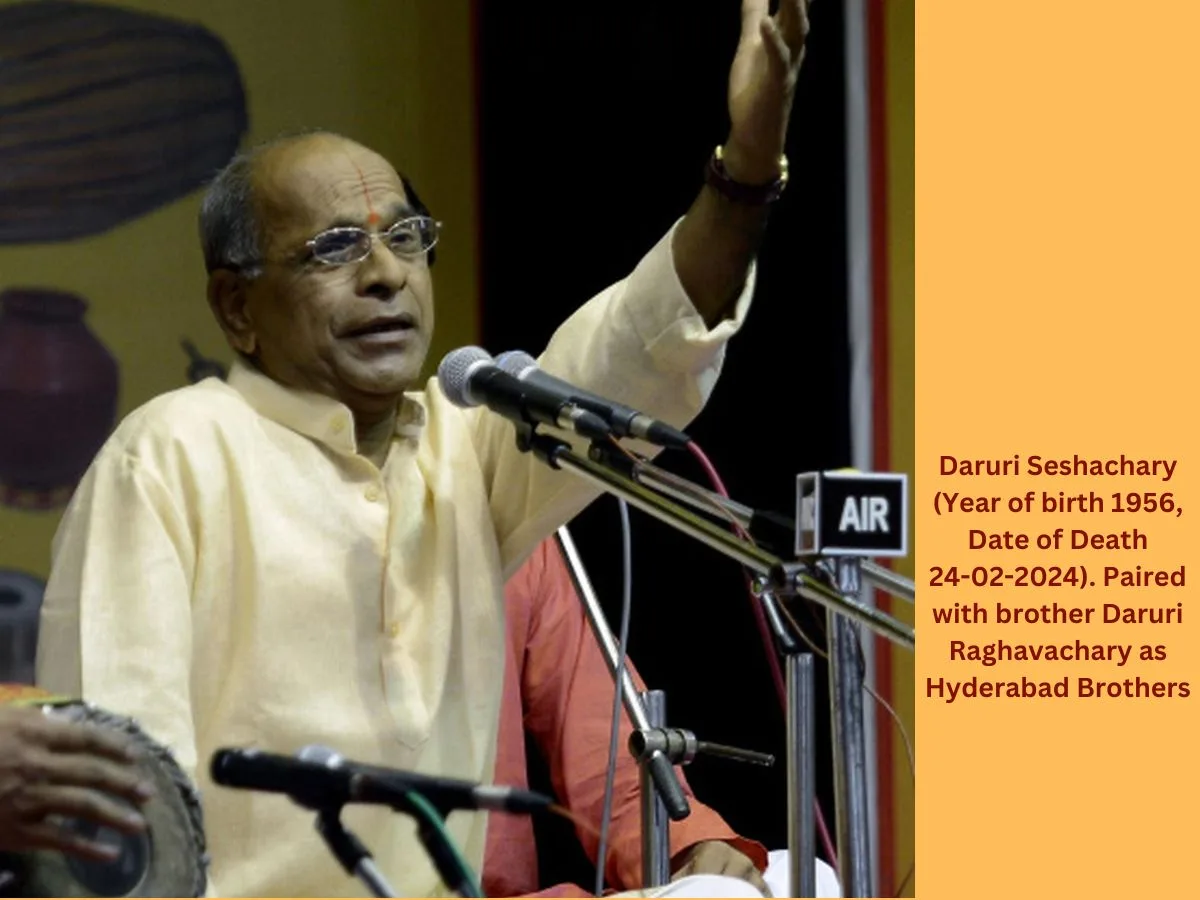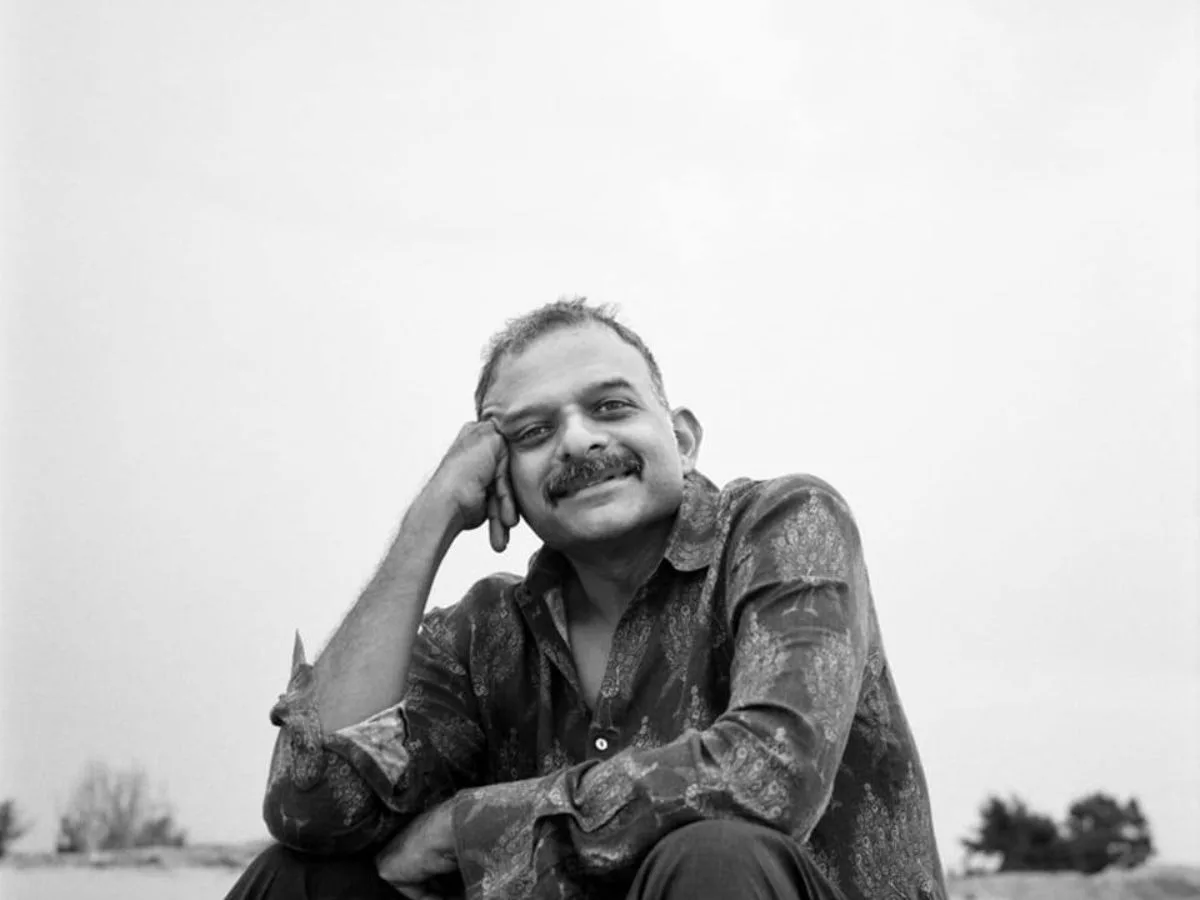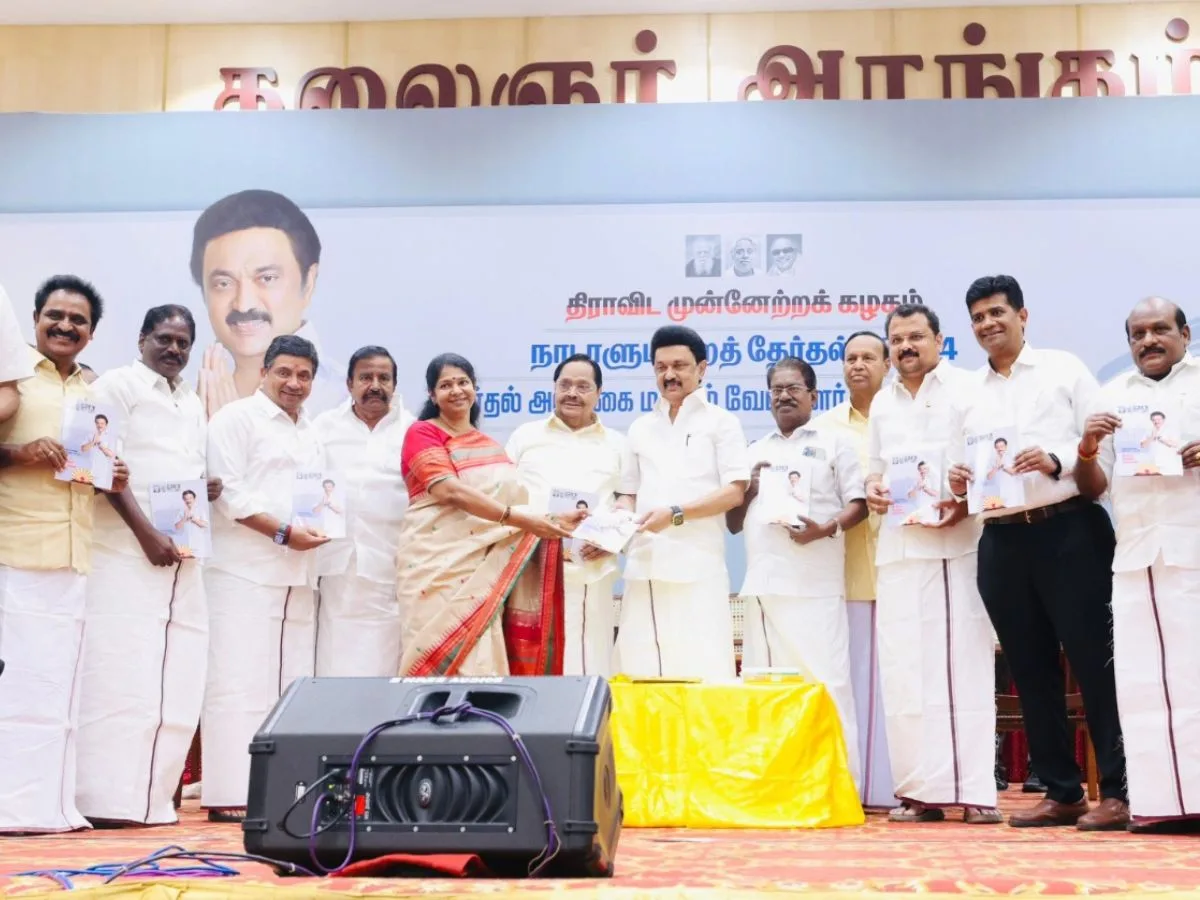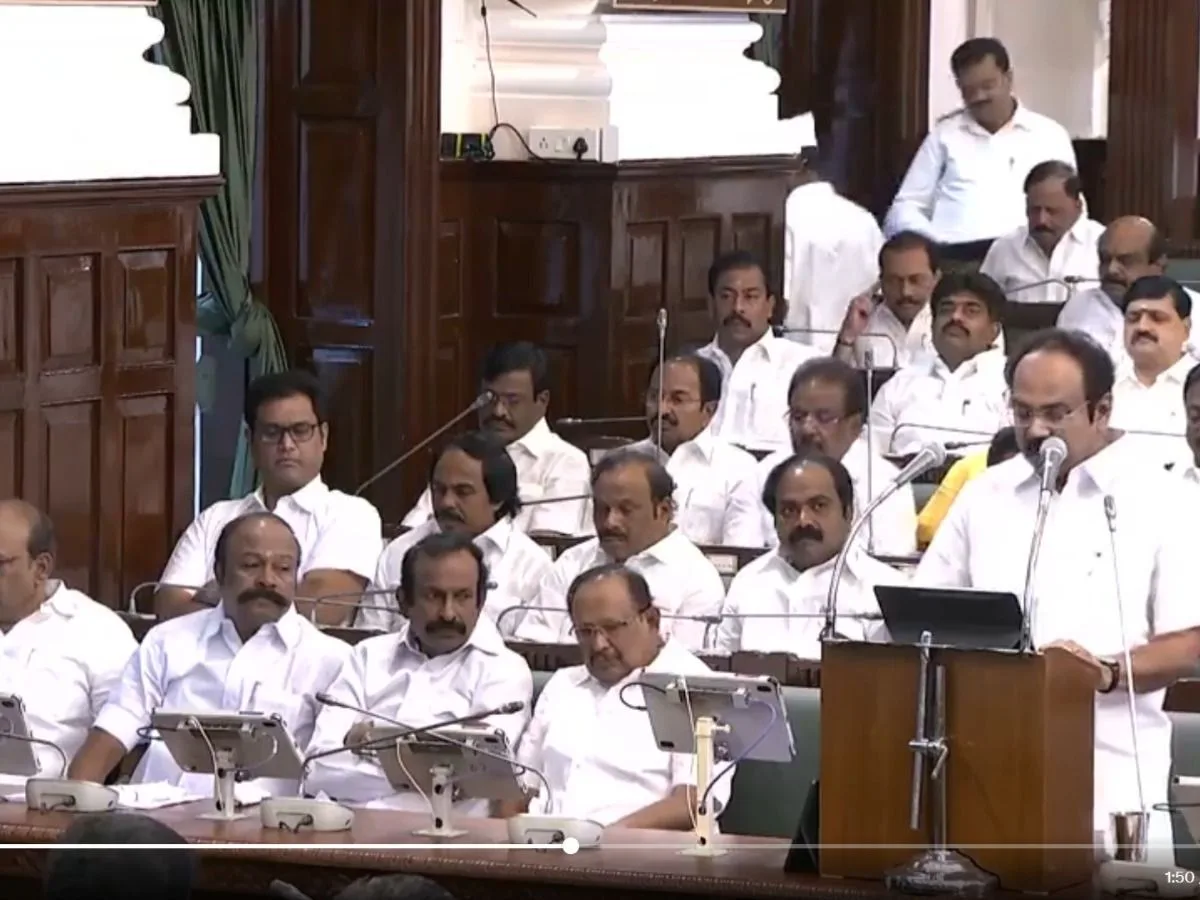Dhruva Natchathiram, Lalitha Ram’s biography of mridangam wizard Palani Subramaniya Pillai, starts with a gentle advice bordering on reprimand by Chembai Vaidyanatha Bhagavathar. In the Palakkad-accented Tamil of his, Bhagavathar lavishes praise on Palani Subbudu for his Kanakku, korvai (a rhythmic pattern) — the complex arithmetic behind them. He appreciates the rigorous practice — a focus bordering on demonic obsession — that must have gone into it.
But he tells Palani Subbudu to relax and sometimes be content playing second fiddle. To perform with happiness and in comfort — in sowkyam — is better than obsessing about technical virtuosity, he remarked, adding that the audience is typically less familiar than performers about tala nuances.
Subbudu agreed, but wondered why he should tamp down his prowess and skill just because of the audience’s ignorance.
The conversation with Bhagavathar in which violin maestro T Chowdiah was also a participant led Palani Subramaniya Pillai to wonder about how it came to be that the mridangam player would sit to the right side of the vocalist. This norm reduced Subbudu’s concert opportunities as he was a left-handed player.
The large-hearted Bhagavathar recognised young Subbudu’s talent and encouraged him. He willingly acted as Subbudu’s springboard into the limelight, by giving him opportunities to perform alongside
His skill and technical sublimity made performers baulk at the idea of having him as their accompanist; they were afraid he would overshadow them. But the large-hearted Bhagavathar recognised young Subbudu’s talent and encouraged him. He willingly acted as Subbudu’s springboard into the limelight, by giving him opportunities to perform alongside.
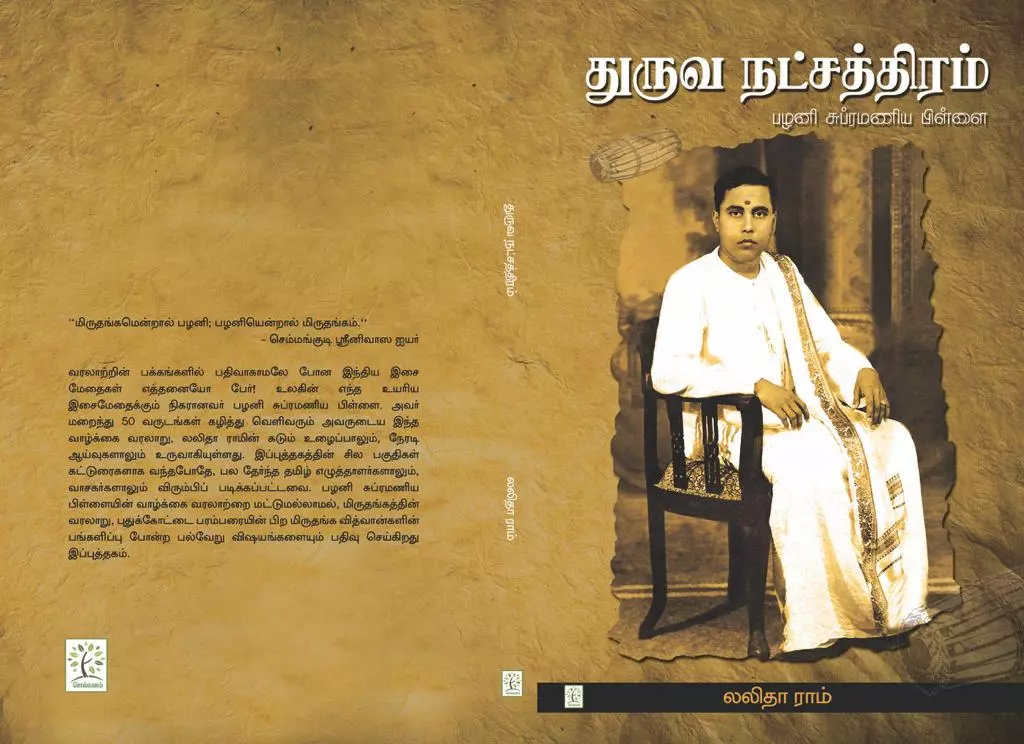
The cover of Dhruva Natchathiram, a biography of Palani Subramaniya Pillai by Lalitha Ram.
So, Subbudu couldn’t refuse when Bhagavathar asked him to come with him to Bombay for a concert. But he had a peeve. At a previous concert in Bombay, the vocalist and the audience got a taste of Subbudu’s expertise during the kriti. Fearing that he will be upstaged by the mridangist, the vocalist didn’t give him any space for thani until the very end when the audience was about to leave.
Subbudu tried to catch the vocalist’s attention during the concert but he seemed engrossed in his own music and his eyes were closed. Recognising what was happening, Subbudu gave a muted thani for a few minutes and remained in the shadows.
Also Read: Yazhpanam Dakshinamurthy, a Thavil maestro from across Palk Strait
Bhagavathar came to know what happened. At the next concert, he sang Vatapi that let Subbudu’s mridangam shine. Bhagavathar’s slow tempo swaras were received with a light breeze whereas his trademark kathiri swaras were matched by thunderous beats. It was clear Bhagavathar was drawing Subbudu out.
After just half an hour, Bhagavathar asked Subbudu to perform a thani, taking him by surprise. But Subbudu took up the challenge. Little did Subbudu realise that this was going to be a mridangist’s concert — Subbudu’s own.
A newspaper called the maestro Chembai’s concert a grand mridangam concert – a tribute to young Subbudu that Bhagavathar had orchestrated. The years of struggle and misery had ended for Palani Subramaniya Pillai. It was going to be a steep rise, going forward
Bhagavathar made Subbudu perform thani four more times, the last one coming after Tiruppugazh at the audience’s insistence. Bhagavathar was playing second fiddle, setting the stage for Subbudu. After rupakam, kanda chapu and misra chapu, the final was in the knife-edged santha thalam. A slip would be fatal but Bhagavathar was there to keep the rhythm and encourage his ward to shine more. Subbudu, as only he could, didn’t falter.
A newspaper called the maestro Chembai’s concert a grand mridangam concert – a tribute to young Subbudu that Bhagavathar had orchestrated. The years of struggle and misery had ended for Palani Subramaniya Pillai. It was going to be a steep rise, going forward. With the thani avarthanam concert in Bombay, Palani Subramaniya Pillai had arrived on the big stage.
(To purchase the biography Dhruva Natchathiram, contact author Lalitha Ram over Whatsapp on +91 99809 92830)

